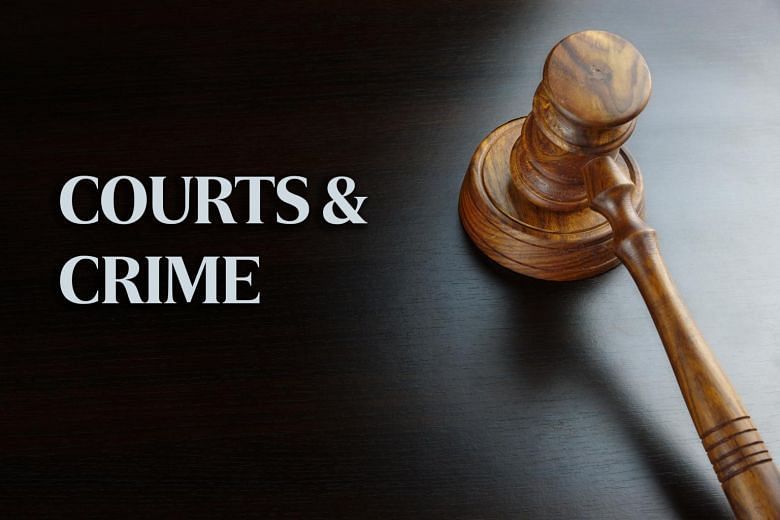Fine raised from $88,000 to $158,000 for ex-property agent who provided illegal short-term stays on Airbnb
Sign up now: Get ST's newsletters delivered to your inbox

SINGAPORE - A former property agent who sublet six residential units in Geylang for illegal short-term stays through online property rental platform Airbnb had his fine raised from $88,000 to $158,000 on Friday (Oct 30) following an appeal by prosecutors.
The sentence was increased after Chief Justice Sundaresh Menon adopted an approach to break the fine down into two components - one aimed at disgorging an offender's illicit gains, while the other separately punishes the offender.
He said that this approach, of having a disgorgement component and a punitive component, better ensures that the offender is sufficiently punished and also better ensures consistent outcomes.
In the case of Joel Su Jiqing, 39, the Chief Justice determined that the disgorgement component was $46,000 - the actual profits after deducting the lease payments that he had made to the owners of the properties.
As for the punitive component, the Chief Justice concluded that a sum of $112,000 reflected Su's culpability and the harm caused by his offences.
The Chief Justice ruled that this "bifurcated approach" should be used in determining the fines to be imposed on first-time offenders who use residential properties to provide short-term accommodation, which is illegal in Singapore.
Under the Planning Act, a first-time offender can only be sentenced to a maximum fine of $200,000 per charge.
Su was a property agent and the owner of The Coffee Cart, or TCC, when he sublet six private residential properties to local and foreign guests in 2017 and 2018.
He did not own the properties but leased them after lying to the owners that the units were for his personal use or for TCC's business.
Su admitted that he selected properties in Geylang because he believed the residents there were less likely to complain.
Before he was charged with the present offences, he was investigated for providing illegal short-term stays, but was let off after he claimed he had no other Airbnb properties.
Undeterred by this, he went on to lease four more properties and also changed his host name on Airbnb from "Jo" to "Mik" to avoid detection.
Last year, Su was charged with providing illegal short-term stays at six properties.
Prosecutors pressed for a fine of at least $235,000 after he pleaded guilty to four charges, with two charges taken into consideration.
They proposed the bifurcated approach and argued that the amount disgorged should be the $115,000 revenue generated.
The district judge rejected these arguments.
He said the court should first determine the appropriate fine and then consider whether the quantum was sufficient to disgorge the offender's ill-gotten gains.
The district judge also said the lease payments, which are expenses, should be deducted in quantifying the sum amount to be disgorged.
The prosecution appealed, arguing that the $88,000 fine was manifestly inadequate.
On Friday, the Chief Justice held that the bifurcated approach should be adopted as a matter of principle.
He said the district judge's approach could result in fines that fail to adequately punish the offender.
It could also lead to inconsistent outcomes because, all other things being equal, an offender who made large profits would be better off than the one who made lesser profits.
Conversely, the bifurcated approach a structured and transparent framework that considers the difference between the fine that is imposed and the disgorged profits.
"This better ensures that the offender is sufficiently punished in accordance with the harm he has caused and his culpability, and so better ensures that the overall fine is one that is sufficiently deterrent and retributive," said the Chief Justice.
He added that "necessary expenses" which enabled the offences to be committed should be deducted in computing the sum to be disgorged.


